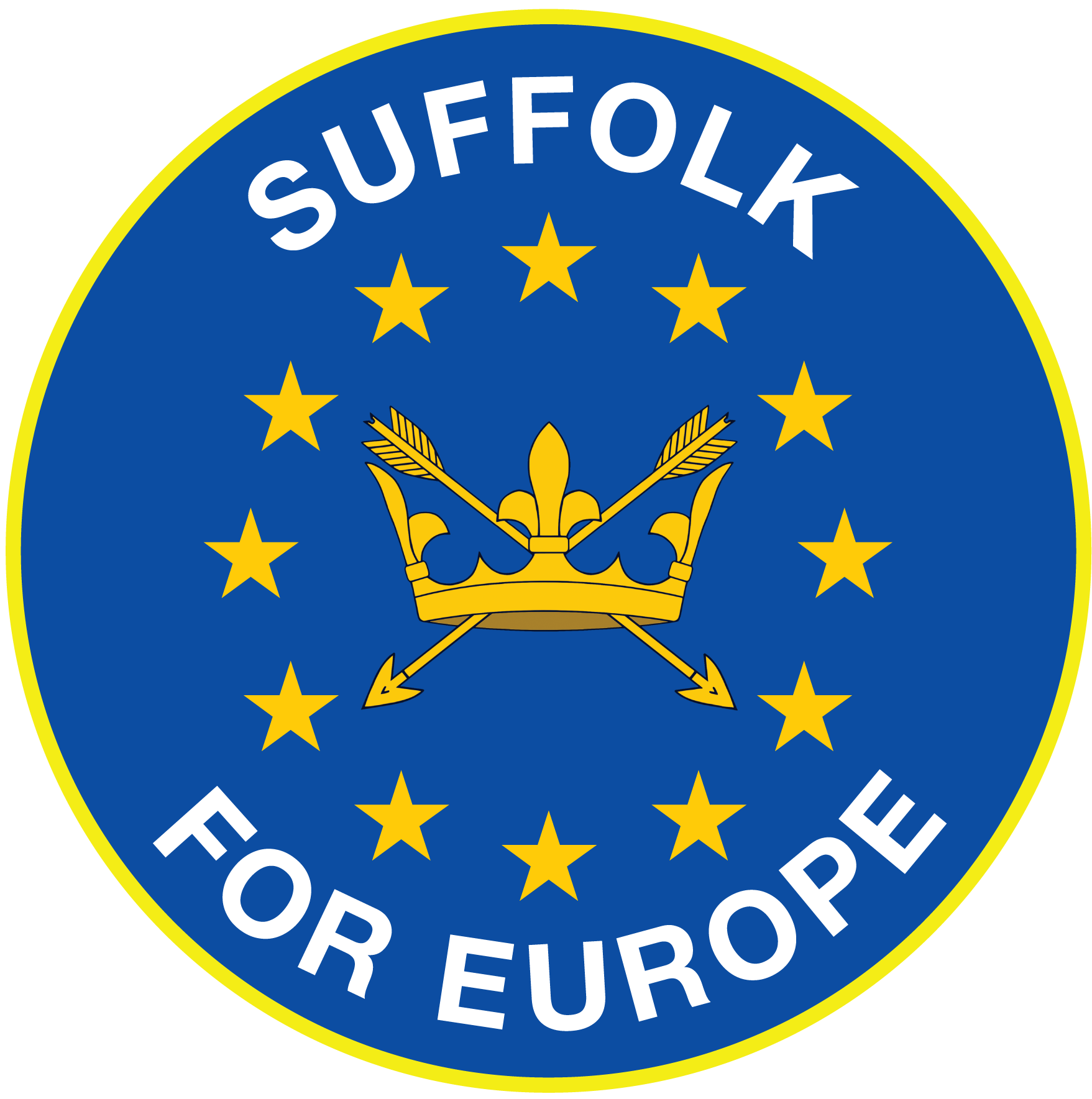Mrs May’s EU withdrawal agreement is not good. But it is infinitely better than no deal.
However what the prime minister has negotiated is very much worse than the current deal the UK has with the EU: we have full membership of a union of independent European nations; we have seventy-eight trade agreements in place that give our industries access to almost two hundred global markets; we are able to influence and change laws, policies and practices (indeed we have written and established many of them); we have a host of ‘opt out’ clauses that specifically protect our national interests; we have retained our own currency (and this is protected); we have our border controls in other EU countries enabling us to stop illegal, dangerous or criminal individuals BEFORE they travel to the UK; we have a rebate that claws back almost 30% of the financial contributions we make to the EU; and we are members of a Common Fisheries Policy (CFP) that has resulted in rebuilding cod stocks in the North Sea and has saved many species from extinction. The CFP also gives our fishermen access to healthy fish stocks in Scandinavian, Dutch, Belgian, French, Portuguese and Spanish waters.
EU membership gives us access to a local European work force, members of which share our culture and most of whom have learnt our language. These hard-working people man our farms, market gardens, our NHS, care homes and building sites.
We have free and open access to vital foodstuffs, commodities, medicines, vaccines, raw materials, manufacturing components and a host of other essential needs. We have joint manufacturing and joint development and research projects with our partners in the Union (often funded by the EU).
We have access to health care in 27 other countries. We have standardised mobile phone charges across 27 countries.
We can visit, live, work and study in 27 other countries.
The list of what EU membership brings us seems endless and is ignored because we take it all for granted.
If, in 2016, the referendum had offered us these three deals:
1) No deal, losing all of the above;
2) Mrs May’s deal, in which we would lose much of the above; or
3) the current membership deal where we keep all of the above – AND we retain the influence, the power and the chance to improve the organisation and reform it, what choice would we have made?
We now need a People’s Vote in which a much better-informed electorate can compare the fantasies offered by the leave campaign in 2016 with the stark reality of leaving the EU.
Philip Gough
Suffolk EU Alliance
